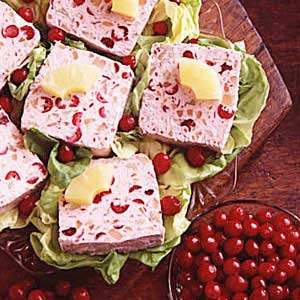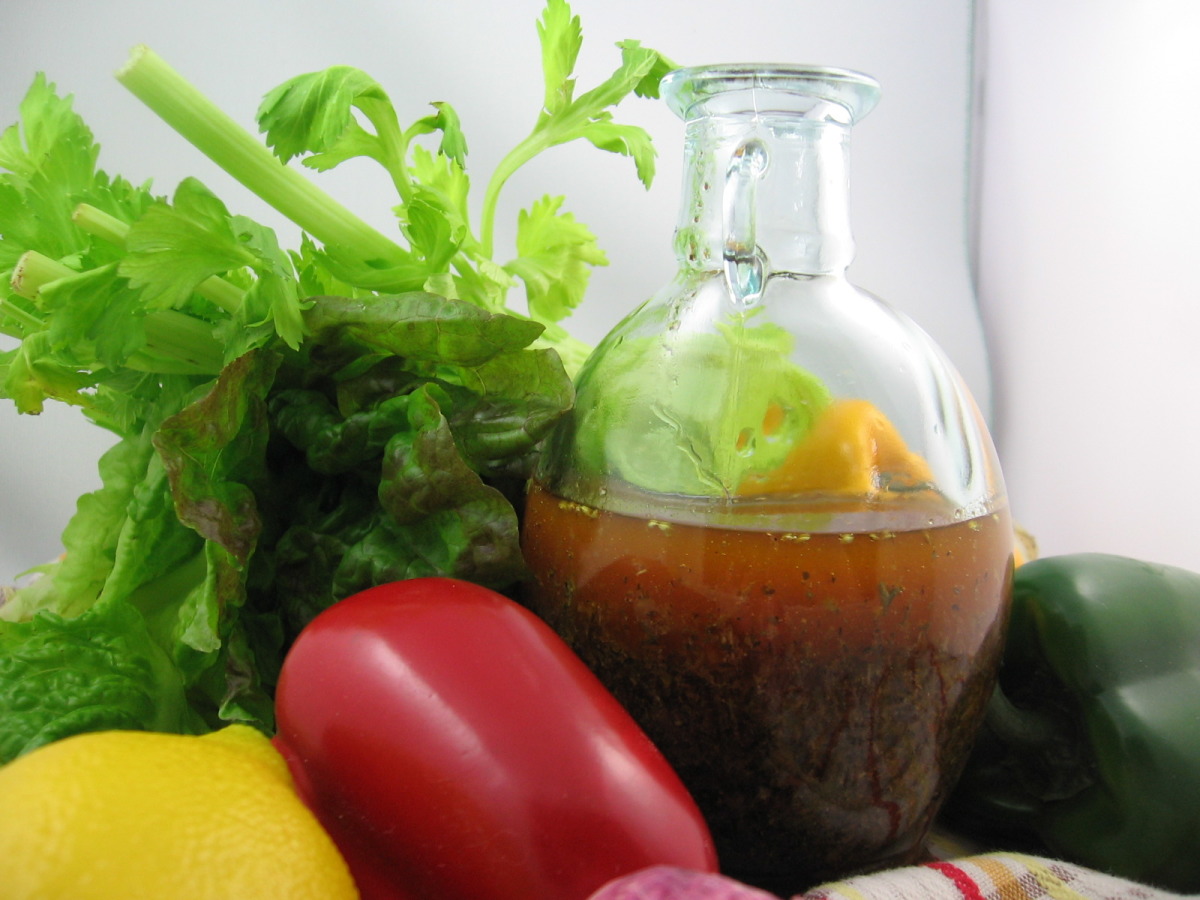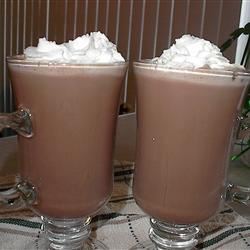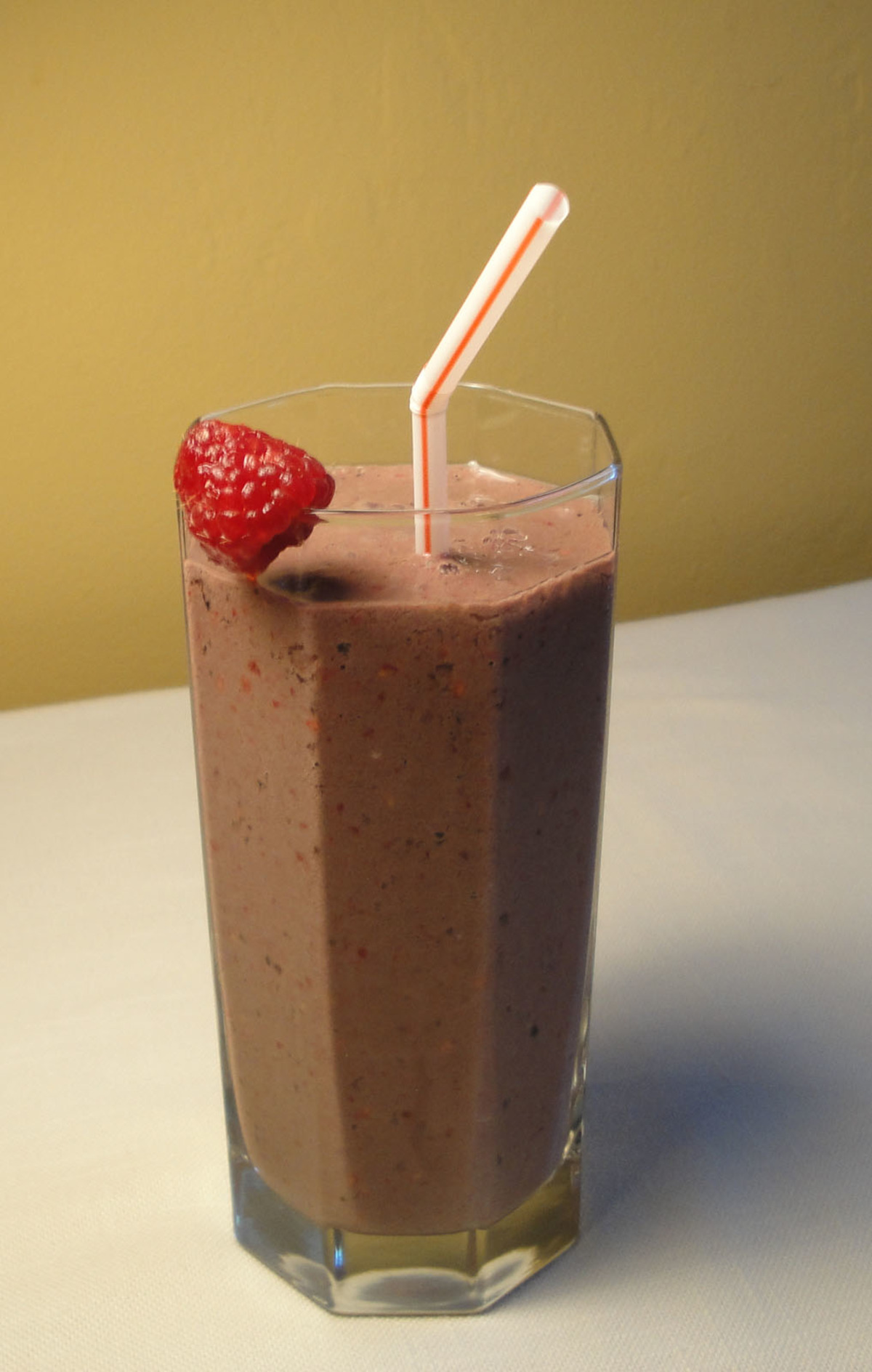Indulge in the timeless classic of British baking, the delectable Victoria sponge cake. This article presents a collection of recipes that capture the essence of this beloved treat. From the traditional sponge cake with its light and airy texture, sandwiched with a generous layer of velvety buttercream, to variations that incorporate unique flavors and fillings, there's a recipe here to satisfy every palate. Whether you're a seasoned baker or a novice in the kitchen, these recipes provide clear instructions and helpful tips to guide you in creating this quintessential cake. Get ready to impress your friends and family with your culinary expertise as you embark on a baking journey that celebrates the heritage and charm of the Victoria sponge.
Let's cook with our recipes!
ULTIMATE TRADITIONAL VICTORIA SPONGE

Take the classic Victoria sponge cake to a whole new level by using crème diplomat in place of standard whipped cream, and sweet macerated berries
Provided by Liberty Mendez
Categories Afternoon tea, Dessert, Treat
Time 1h10m
Yield Serves 8-10
Number Of Ingredients 19
Steps:
- Heat the oven to 180C/160C fan/gas 4. Butter and line the base and sides of two 20cm sandwich tins.
- Beat the butter and sugar together in a large bowl with an electric whisk for 8-10 mins, or until pale and fluffy. Add the eggs one at a time, beating well after each addition. Sift in the flour, baking powder and salt, and fold in using a large metal spoon. Add just enough of the milk to create a dropping consistency.
- Divide the batter between the prepared tins and smooth the tops with a spatula. Bake on the middle shelf of the oven for 25-30 mins, or until golden and firm to the touch. Leave to cool slightly in the tins, then transfer to a wire rack to cool completely.
- Meanwhile, make the macerated berries. Mix the sugar, lemon juice, vanilla and mint together until the sugar has dissolved. Gently stir in the strawberries and raspberries until coated in the mixture. Transfer to the fridge and chill for 30-45 mins until softened.
- To make the crème diplomat, put the custard, vanilla pod and sugar in a pan set over a medium heat and bring to the boil, stirring occasionally. Mix the custard powder with 3 tbsp water to dilute and stir until smooth. Whisk into the boiling custard, then reduce the heat to a simmer and continue whisking for 2-3 mins until thick. Put in a heatproof bowl and leave to cool slightly, then chill until cooled completely. Whisk the double cream to soft peaks, and when the custard is cool, remove the vanilla pod and whisk in the cream until the mix is thick enough to pipe.
- Drain the macerated berries, reserving the liquid. To assemble, spread half the crème diplomat over one of the sponges, then top with three-quarters of the berries. Invert the second sponge on top, so the flat base of the sponge is facing up, and dust with some icing sugar. Put the remaining crème diplomat in a piping bag fitted with a star nozzle and pipe rosettes around the edge of the cake. Dot the rest of the berries between the rosettes of cream, and serve with the reserved macerating liquid alongside - don't pour it over before serving as it will split the crème diplomat. Will keep in the fridge for up to three days.
Nutrition Facts : Calories 633 calories, Fat 39 grams fat, SaturatedFat 23 grams saturated fat, Carbohydrate 62 grams carbohydrates, Sugar 40 grams sugar, Fiber 2 grams fiber, Protein 8 grams protein, Sodium 0.7 milligram of sodium
TRADITIONAL VICTORIA SPONGE
This is the traditional recipe for a Victoria sponge cake, a much loved English favorite. Serve with buttercream as in the recipe, or freshly whipped cream. Dust with a layer of confectioners' sugar if desired.
Provided by TheBritishBaker
Categories World Cuisine Recipes European UK and Ireland English
Time 1h10m
Yield 6
Number Of Ingredients 9
Steps:
- Preheat oven to 350 degrees F (175 degrees C). Grease two 7-inch cake pans and line with parchment paper.
- Sift self-rising flour into a bowl; add sugar, margarine, and 1/2 teaspoon vanilla extract. Crack in eggs. Beat with a wooden spoon or an electric mixer until pale and fluffy. Divide batter between the cake pans; smooth the tops with the back of a spoon.
- Bake in the preheated oven until top is golden brown and a toothpick inserted into the center comes out clean, 30 to 40 minutes. Cool in the pans for 5 minutes. Invert onto a wire rack to cool completely, about 20 minutes.
- Sift confectioners' sugar into a bowl; add butter and 1/2 teaspoon vanilla extract. Beat with an electric mixer until frosting is light and fluffy.
- Spread raspberry jam over 1 cake layer. Cover jam with frosting. Place second cake layer on top.
Nutrition Facts : Calories 635.6 calories, Carbohydrate 80 g, Cholesterol 113.3 mg, Fat 32.9 g, Fiber 1 g, Protein 6.3 g, SaturatedFat 9.6 g, Sodium 713.8 mg, Sugar 53.8 g
MARY BERRY'S EASY VICTORIA SANDWICH
Mary Berry's easy Victoria sponge cake recipe is a baking classic and a tasty tea-time treat. Each serving provides 501 kcal, 5g protein, 50g carbohydrates (of which 36g sugars), 31g fat (of which 19g saturates), 0.8g fibre and 0.8g salt (serving with 300g of jam and 300ml cream).
Provided by Mary Berry
Categories Cakes and baking
Yield Serves 12
Number Of Ingredients 7
Steps:
- Preheat the oven to 180C/160C Fan/Gas 4. Grease and line two 20cm/8in sandwich tins. Use a piece of baking paper to rub a little butter around the inside of the tins until the sides and base are lightly coated, then line the bottom with a circle of baking paper.
- Break the eggs into a large mixing bowl, then add the sugar, flour, baking powder and butter. Mix together until well combined with an electric hand mixer (you can also use a wooden spoon), but be careful not to over mix. Put a damp cloth under your bowl when you're mixing to stop it moving around. The finished mixture should fall off a spoon easily.
- Divide the mixture evenly between the tins: this doesn't need to be exact, but you can weigh the filled tins if you want to check. Use a spatula to remove all of the mixture from the bowl and gently smooth the surface of the cakes.
- Bake the cakes on the middle shelf of the oven for 25 minutes. Check them after 20 minutes. The cakes are done when they're golden-brown and coming away from the edge of the tins. Press them gently to check - they should be springy to the touch. Set aside to cool in their tins for 5 minutes. Run a palette or rounded butter knife around the inside edge of the tins and carefully turn the cakes out onto a cooling rack.
- To assemble the cake, place one cake upside down onto a plate and spread it with plenty of jam. If you want to, you can spread over whipped cream too. Top with the second cake, top-side up. Sprinkle over the caster sugar.
Nutrition Facts : Calories 501kcal, Carbohydrate 50g, Fat 31g, Fiber 0.8g, Protein 5g, SaturatedFat 19g, Sugar 36g
Tips:
- Mise en place: Before you start baking, ensure all your ingredients and equipment are ready. This will help you stay organized and avoid scrambling during the baking process.
- Room temperature ingredients: Many recipes call for ingredients at room temperature. This allows them to mix together more easily and evenly. Take your eggs, butter, and milk out of the fridge about 30 minutes before you start baking.
- Creaming butter and sugar: This is an essential step in many cake recipes. It helps to incorporate air into the mixture, resulting in a lighter and fluffier cake. Cream the butter and sugar together until light and fluffy, and the sugar has dissolved.
- Whisking egg whites: If a recipe calls for whipped egg whites, ensure you whisk them until they form stiff peaks. This will help to add volume and lightness to the cake.
- Folding ingredients: When combining dry and wet ingredients, use a gentle folding motion to avoid knocking out the air that you've incorporated. Use a spatula and fold the dry ingredients into the wet ingredients in three additions, until just combined.
- Baking times: Every oven is different, so it's important to keep an eye on your cake as it bakes. The baking time given in a recipe is just an estimate. Insert a toothpick into the center of the cake; it should come out clean when the cake is done.
Conclusion:
With a little planning and attention to detail, you can easily create a delicious Victoria sponge cake that will impress your friends and family. So next time you're looking for a classic and versatile cake recipe, give this one a try. You won't be disappointed!
Are you curently on diet or you just want to control your food's nutritions, ingredients? We will help you find recipes by cooking method, nutrition, ingredients...
Check it out »
You'll also love










